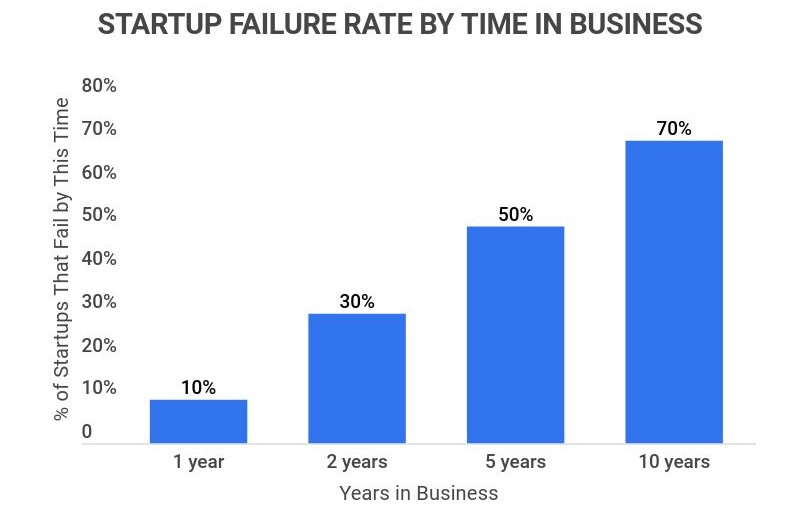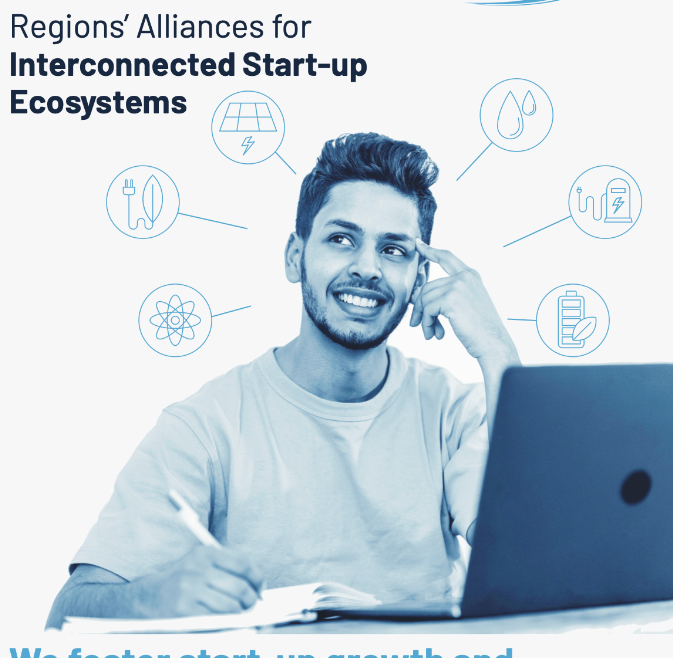Apple: A Startup Success Story
Apple: A Startup Success Story https://theraise.eu/wp-content/uploads/2023/10/apple-logo-cover-1024x456.webp 1024 456 RAISE fosters startup growth and scale-up within and across Europe https://theraise.eu/wp-content/uploads/2023/10/apple-logo-cover-1024x456.webpIn the realm of startup success stories, few tales are as legendary as that of Apple Inc. What started as a small operation in a garage has blossomed into one of the world’s most iconic and influential technology companies.
The Humble Beginnings
Apple’s story begins in 1976, when Steve Jobs, Steve Wozniak, and Ronald Wayne established the company. Their vision was to create user-friendly computers, a stark contrast to the complex, text-based machines that were the norm at the time.
The trio initially operated from Steve Jobs’ family garage. They launched their first product, the Apple I, as a build-it-yourself computer kit. While it had limited commercial success, it laid the foundation for what was to come.
The Game-Changer: Apple II
The turning point came in 1977 when Apple introduced the Apple II, a fully assembled personal computer. It was a game-changer, with color graphics and an open architecture that allowed for expansion. The Apple II became a massive success, cementing the company’s reputation for innovation.
The Macintosh and the Sculley Era
In 1984, Apple introduced the Macintosh, a personal computer that featured a graphical user interface and a mouse. Although it faced initial challenges, it set the stage for future developments. However, internal conflicts and power struggles led to Steve Jobs’ departure from Apple in 1985.
The company experienced a series of challenges during the ’80s and early ’90s, including declining market share and changes in leadership. John Sculley, the CEO at the time, introduced new products but struggled to maintain the original vision and success of the brand.
The Resurgence and Beyond
In 1997, Steve Jobs returned to Apple as CEO. His return marked a renaissance for the company. Under his leadership, Apple introduced a series of groundbreaking products, including the iMac, iPod, iPhone, and iPad. These products redefined their respective industries and catapulted Apple into a position of unparalleled influence in the tech world.
Today, Apple is one of the world’s most valuable companies, known for its innovative hardware, software, and services. It has a global customer base and a loyal following that eagerly anticipates each new product release.
A Lesson in Resilience and Innovation
Apple’s journey from a garage-based startup to a global tech giant is a testament to the power of innovation, vision, and persistence. It demonstrates that even the most ambitious and audacious ideas can become reality with the right leadership and a commitment to pushing the boundaries of what is possible. Apple’s success story remains an enduring source of inspiration for aspiring entrepreneurs and serves as a reminder that the next big startup success story could be just around the corner.
Photo via 3catslabs











